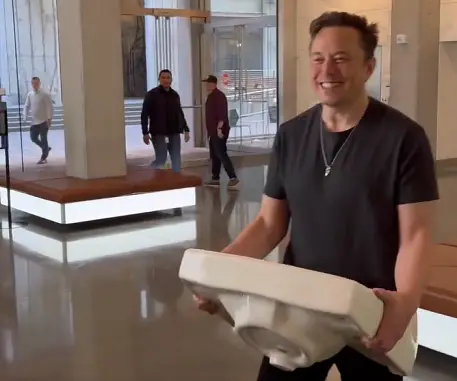On Thursday, billionaire businessman Elon Musk petitioned the US Supreme Court to examine whether the Securities and Exchange Commission had exceeded its authority when it imposed a consent decree on him which he has referred to as a “muzzle” which has illegally constrained his First Amendment right to free speech.
Musk petitioned the justices to review a lower court’s decision in May which upheld the decree, which he entered into following the controversy over his August 2018 post to the social media platform Twitter ( since been renamed X), in which he claimed he had secured the funding to take his electric vehicle company, Tesla Motors, private.
Musk claimed to a three-judge panel of the Manhattan-based US Circuit of Appeals that the SEC, which had leveled accusations against him of defrauding investors, was exploiting the decree to harass him today as he uses Twitter, now named X. Musk purchased the platform last year and has since renamed it.
Musk entered into the consent decree as part of his settlement with the SEC, which also had fined both he and Tesla $20 million. Musk ceded his role as the chairman of Tesla, and he consented to have a lawyer for Tesla review his tweets prior to him posting them.
The three-judge panel ruled that Musk was not allowed to revisit the consent decree simply because after signing it he “changed his mind.” In July, the 2nd Circuit had denied a motion by Musk to rehear the case.
Musk’s lawyers argue that the SEC has no right to impose a gag rule on the billionaire, as a condition of settling his case, as they maintain that is a violation of the US Constitution’s First Amendment limits on the government’s ability to control free speech.
In a separate matter, the 5th US Circuit Court of Appeals agreed to reconsider a decision it made in March regarding whether Musk was in violation of federal labor laws when he posted on Twitter that Tesla employees would lose stock options should they unionize. The court will hear arguments on the matter beginning in January.

